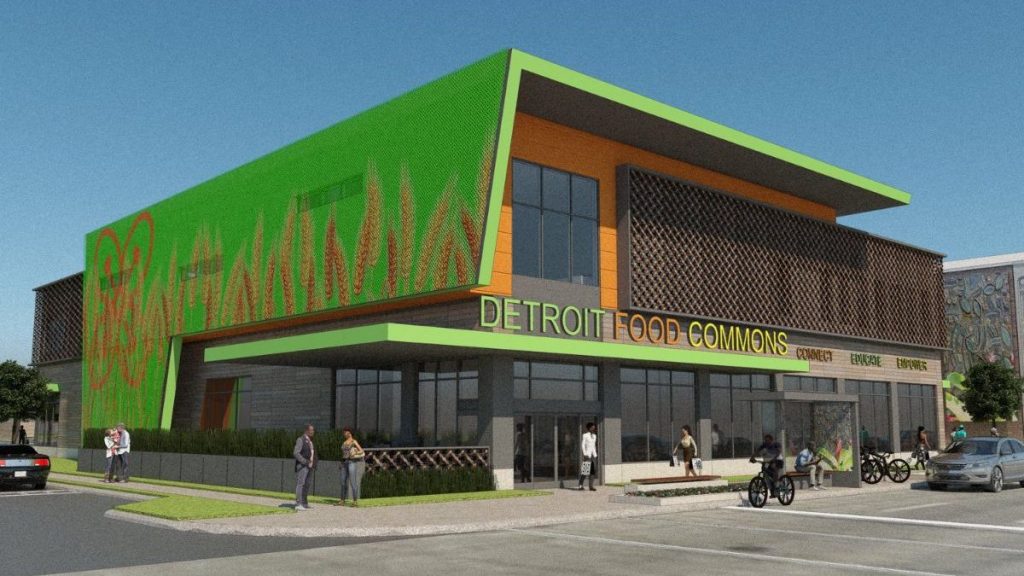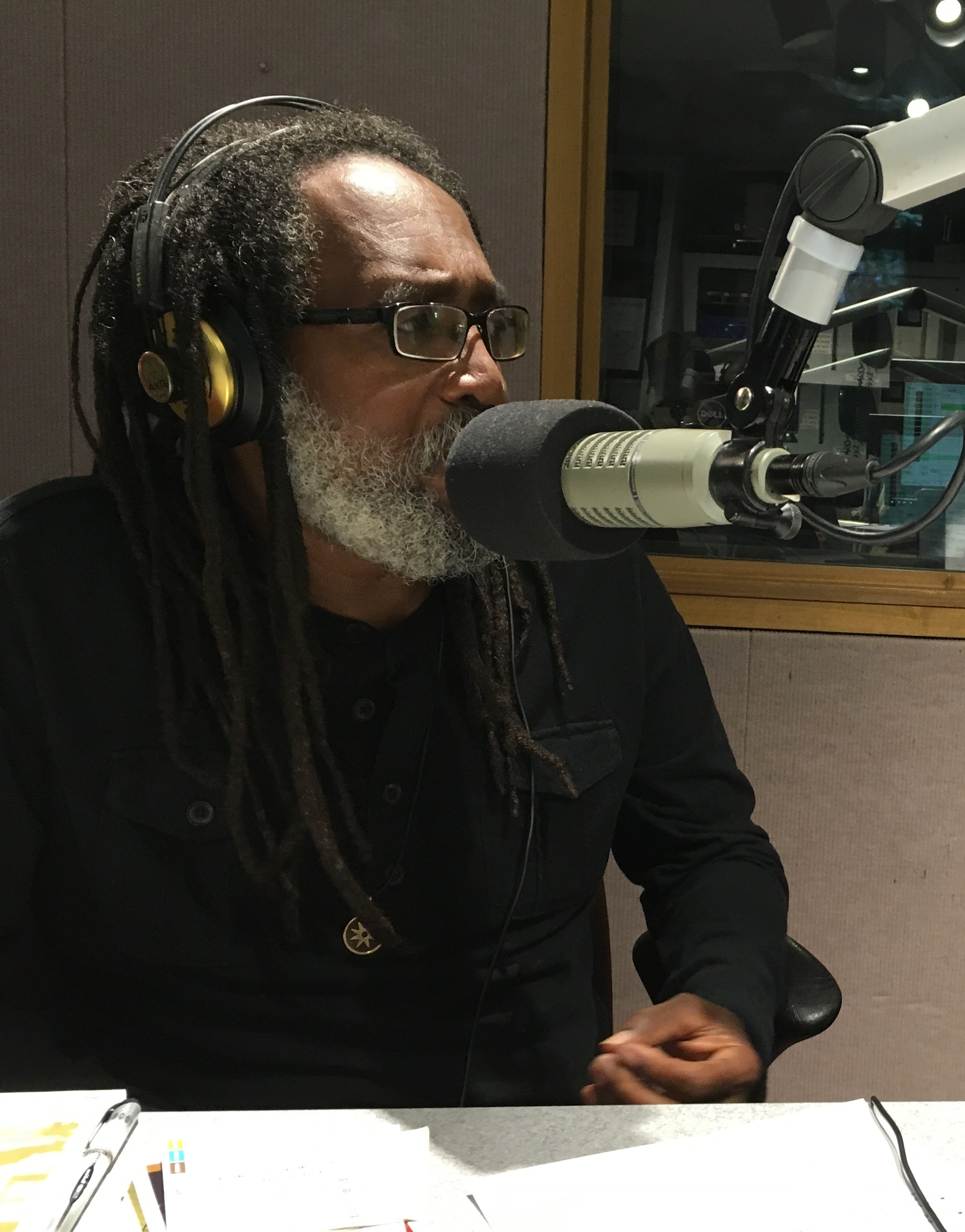Detroit People’s Food Co-op Signs Purchase Agreement for North End Location
The Black-led, community-owned grocery store is moving forward with a property on Woodward Avenue.

A food co-op more than 10 years in the making is a little bit closer to fruition. The Detroit Black Community Food Security Network (DBCFSN) has signed a purchase agreement, paid a down payment and is awaiting city approvals on a property located at 8324 Woodward Ave. in Detroit, the future site of the Detroit People’s Food Co-op.
“It’ll be a full-service grocery store that emphasizes what the industry calls natural and organic foods,” says Malik Yakini, the executive director of DBCFSN and a board member of the Detroit People’s Food Co-op.
Listen: Hear from Detroit People’s Food Co-op Board Member Malik Yakini about the vision for the Black-led, community-owned grocery store.
The store will also include some conventional foods as well as a deli with hot and cold items for vegans, vegetarians, pescatarians and meat eaters.
As part of the co-op’s model, shoppers can become part owners of the store by purchasing a $200 membership share. More than 1,100 people have already done so. Shoppers do not have to be members but if they choose to do so then at the end of the year, if there are profits, they can vote themselves a percentage, vote to put the profits back into the store, or vote to donate the revenue to a nonprofit.
“It’s a very important model, particularly given the style of development that we see happening in Detroit now, which is typically owned and led by very wealthy white men.” –Malik Yakini, Detroit People’s Co-op board member

“In a corporation, if you have more money, you can buy more shares, which gives you more votes,” says Yakini. “A co-op is a flat horizontal structure where every person only has one vote. And so it’s an exercise in democracy where we come together with other residents in our community and we collectively make decisions that function in the best welfare of the community as a whole.”
There hasn’t been a co-op in Detroit, Yakini says, since the Cass Corridor Food Co-op shuttered in 2004 after being open for decades. He says that means there’s a whole generation of Detroiters who are likely unfamiliar with them.
“It’s a very important model, particularly given the style of development that we see happening in Detroit now, which is typically owned and led by very wealthy white men who are developers who have either the capital themselves or access to the capital to spur the kind of development we see happening in Detroit,” says Yakini. Co-ops are more equitable, he says. “We think it’s an important alternative, which is really based in community and allows community members to have ownership.”
The complex where the Detroit People’s Food Co-op will be located has been deemed The Detroit Food Commons. It’s being built in partnership with DBCFSN and Develop Detroit and will include incubator kitchens, meeting spaces, offices and outdoor vendor booths in the warmer months.
DBCFSN said in a recent newsletter that it expects to close on the main property and seven others that it needs for a parking lot, in the next 60 days. If all goes according to plan, construction is expected to begin this summer.
Trusted, accurate, up-to-date
WDET is here to keep you informed on essential information, news and resources related to COVID-19.
This is a stressful, insecure time for many. So it’s more important than ever for you, our listeners and readers, who are able to donate to keep supporting WDET’s mission. Please make a gift today.
